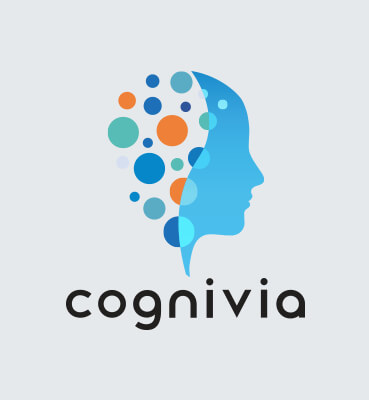The surging COVID-19 pandemic is reshaping our society, impacting the economy and altering the perception of the healthcare industry. Close to every country in the world has been affected by the outbreak, leading to minimal if not significant disruptions to the daily lives of countless individuals. For example, nearly nine out of 10 Americans say their life has changed as a result of COVID-19, with 44% saying their life has changed in a major way. As one might expect, the life changes are a source of stress, and the data supports this assertion. In fact, a recent analysis by Express Scripts also showed an increase in prescriptions for medications to treat anxiety, depression and insomnia as a result of the pandemic.
Patients enrolled in clinical trials worldwide are suffering from these stressful impacts of COVID-19, and their psychological state may very well alter the results of the trials in which they are participating. On top of fear of exposure and infection, patients are also experiencing changes in how trials are conducted as visits and endpoint collection may be shifting to the home or virtual setting. Understanding that the COVID-19 pandemic will continue to impact us for some time, these changes are important to consider as we establish a new normal in clinical trials.
But how can clinical trial sponsors account for this environment? To really understand the impact of COVID-19 in clinical trials, we need to understand the patients’ unique crisis response and the variables that influence it, including psychology, expectations and social factors. These variables can have profound impacts on how patients react to treatment both with drug and placebo.
Changes to individual behavior resulting from crisis situations may affect clinical outcomes, and few – if any – recent historical crises have impacted as wide a population as COVID-19 has. As patients manage their illnesses and clinical trial participation under the shroud of a highly contagious and deadly virus, clinical trial conduct has shifted, relationships with physicians and the trial site has changed, and patient hopes or motivations for treatment efficacy are now different. Furthermore, the response of each trial participant is unique and will affect how the participant reacts to the treatment in unique ways. These differences in response will undoubtedly increase data variability and have the potential to obscure measured treatment effect in a clinical trial.
At Tools4Patient, we developed a new platform COV-IQ, which aims to understand and analyze this impact, at both the individual patient level and at the study level. Our goal is to quantify the emotional stress, perception of trial changes and shifts in social networks for each patient individually. COV-IQ not only aims to characterize patient response, but also to quantitatively understand the contribution of these factors to observed data variability in clinical trials.
We use a step-wise approach to build understanding from the ground up to characterize and ultimately quantify factors related to data variability. Using our signature approach that involves advanced data analytic techniques and mathematical modelling, we aim to develop predictive models to better understand patient behavior in clinical trials.
Understanding patient psychology is only half the battle. We need to take that information and to quantifiably improve data analysis. And COV-IQ can help make sense out of the chaos.





